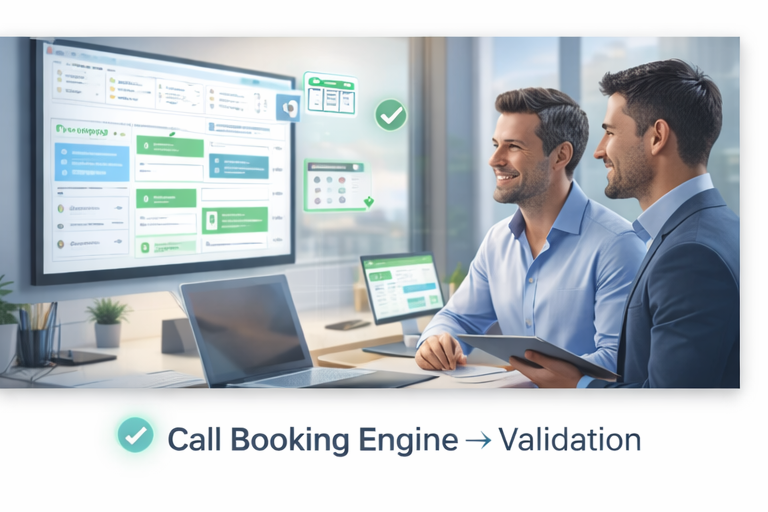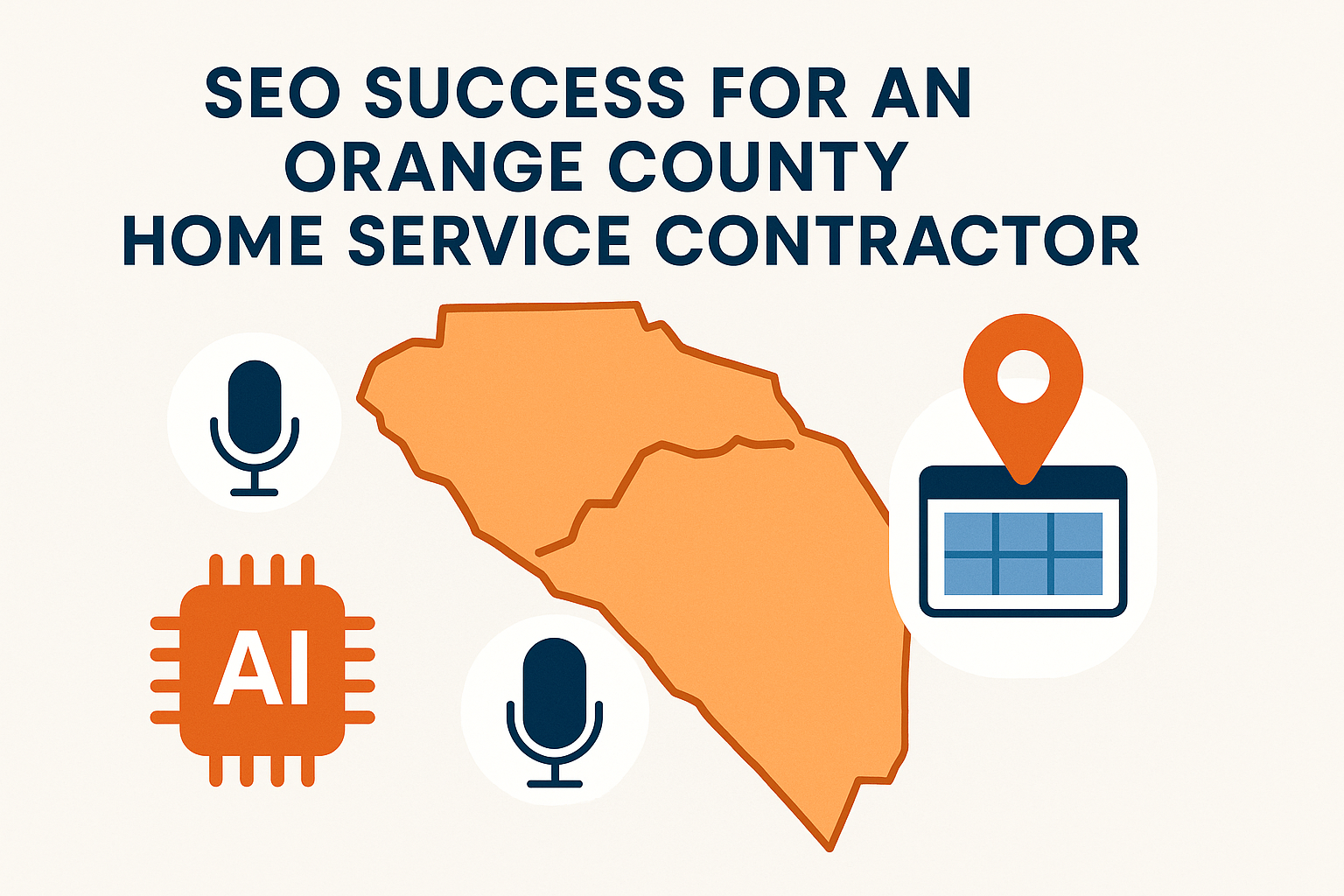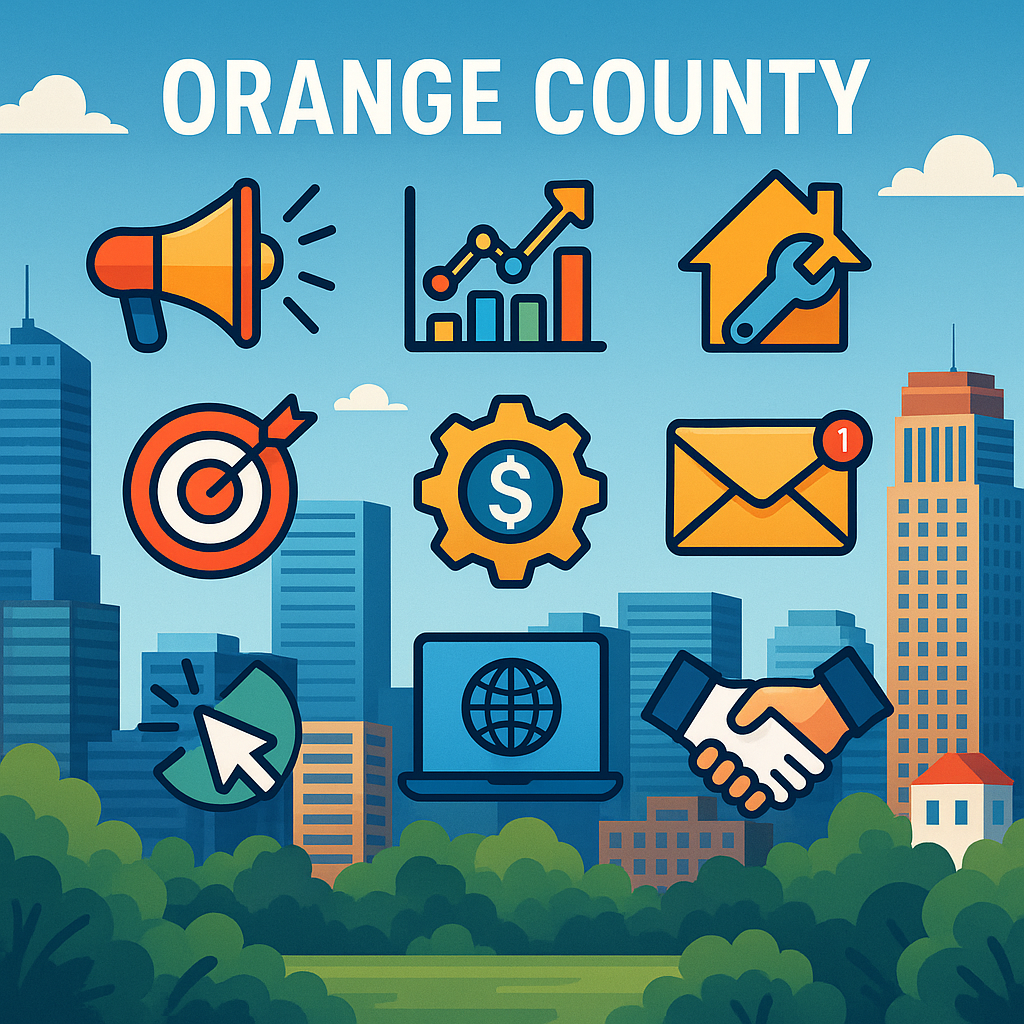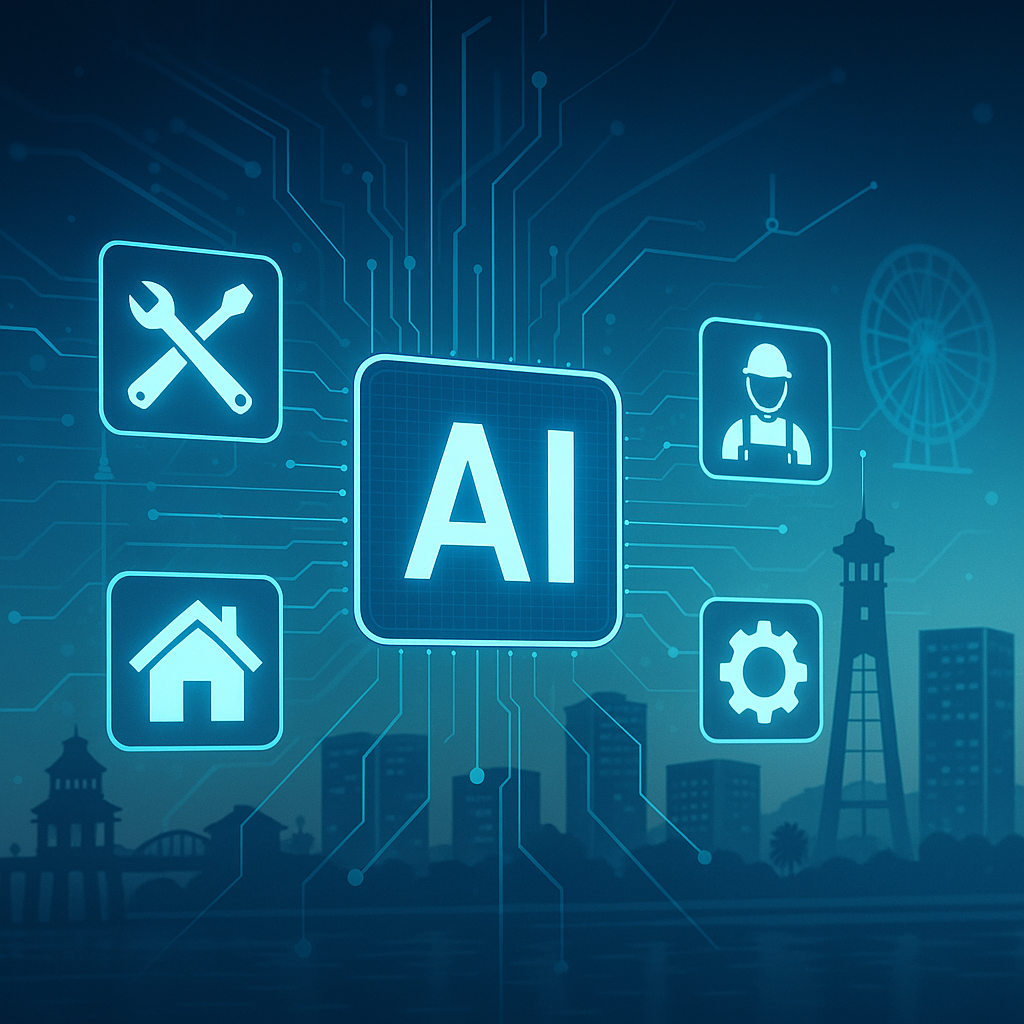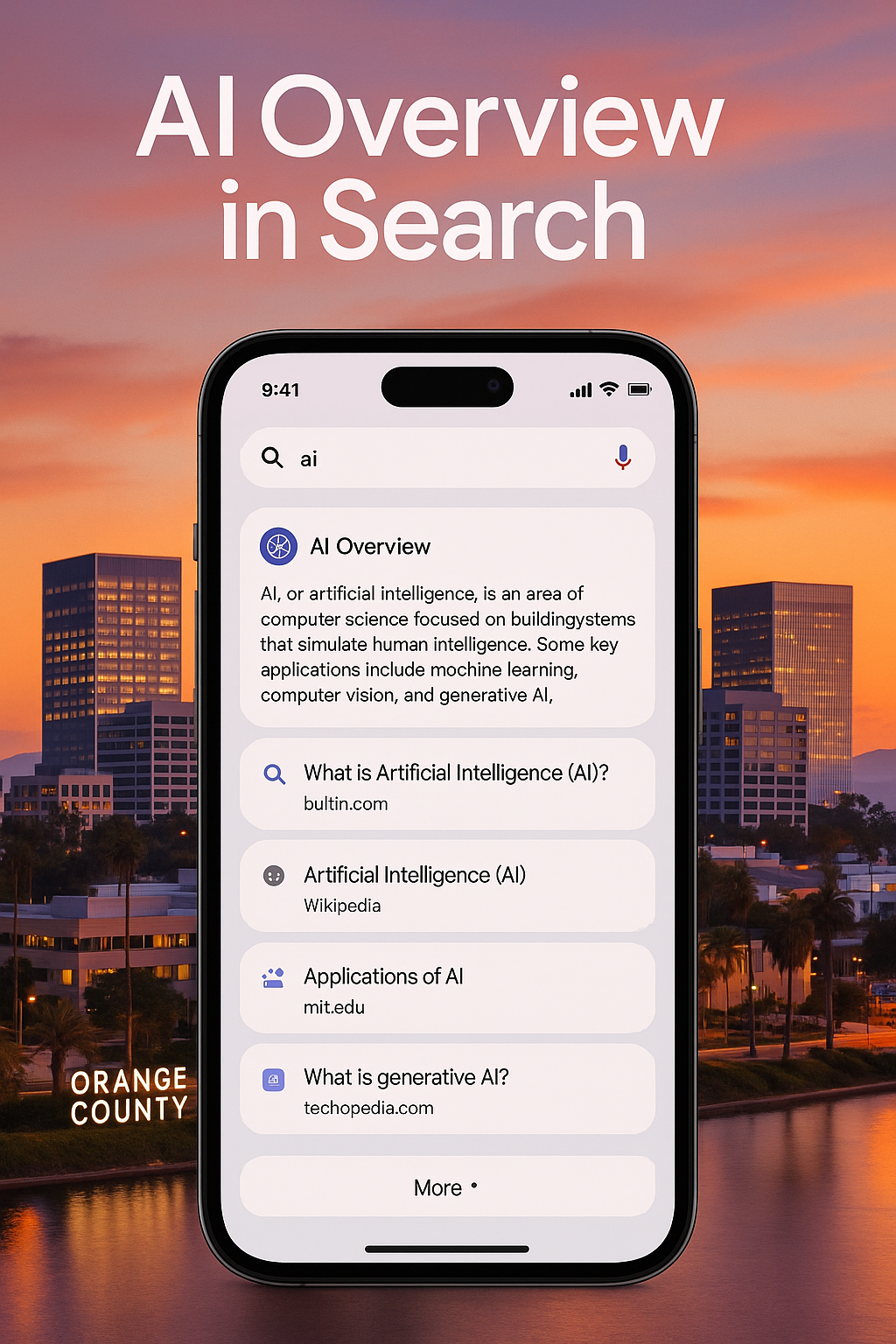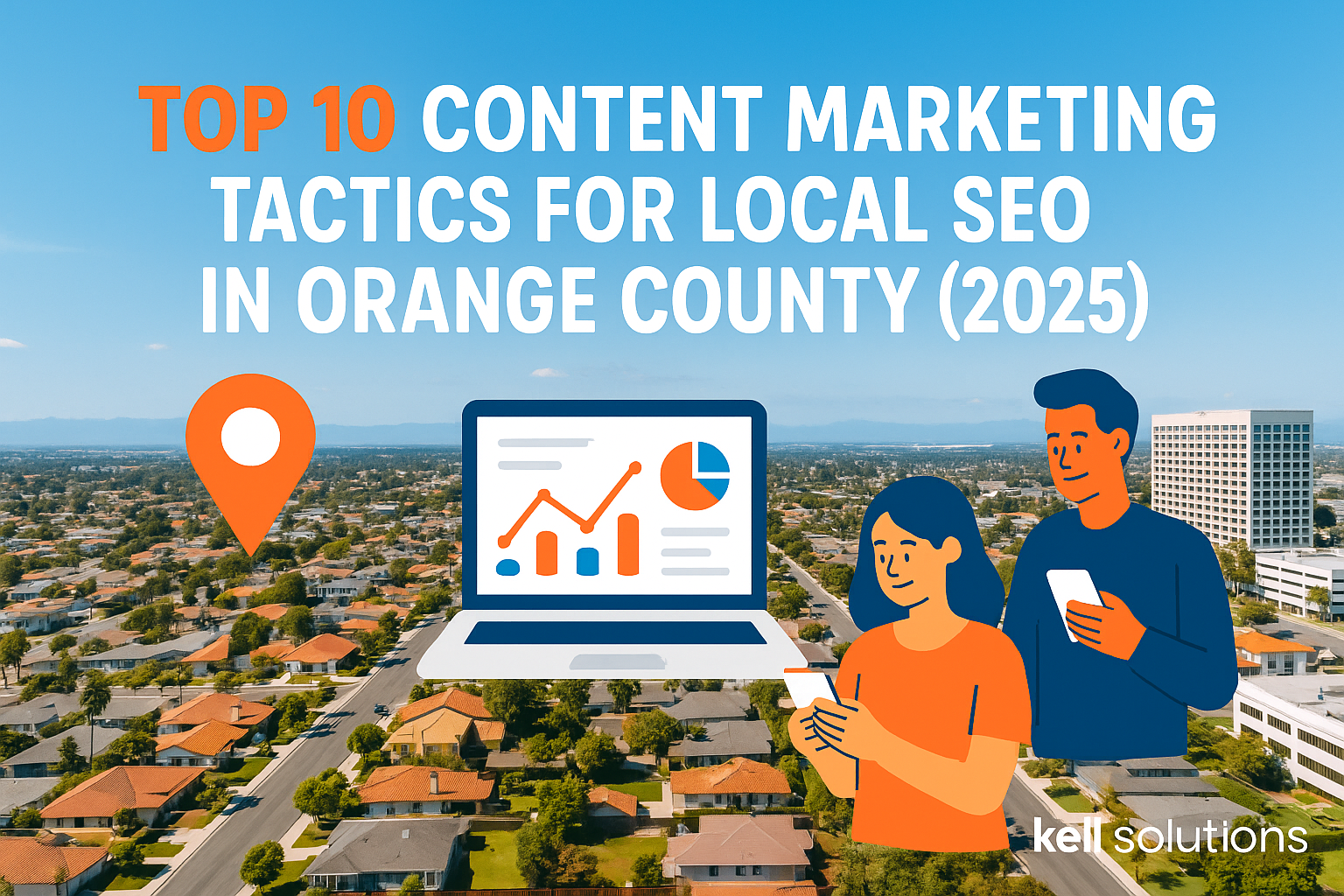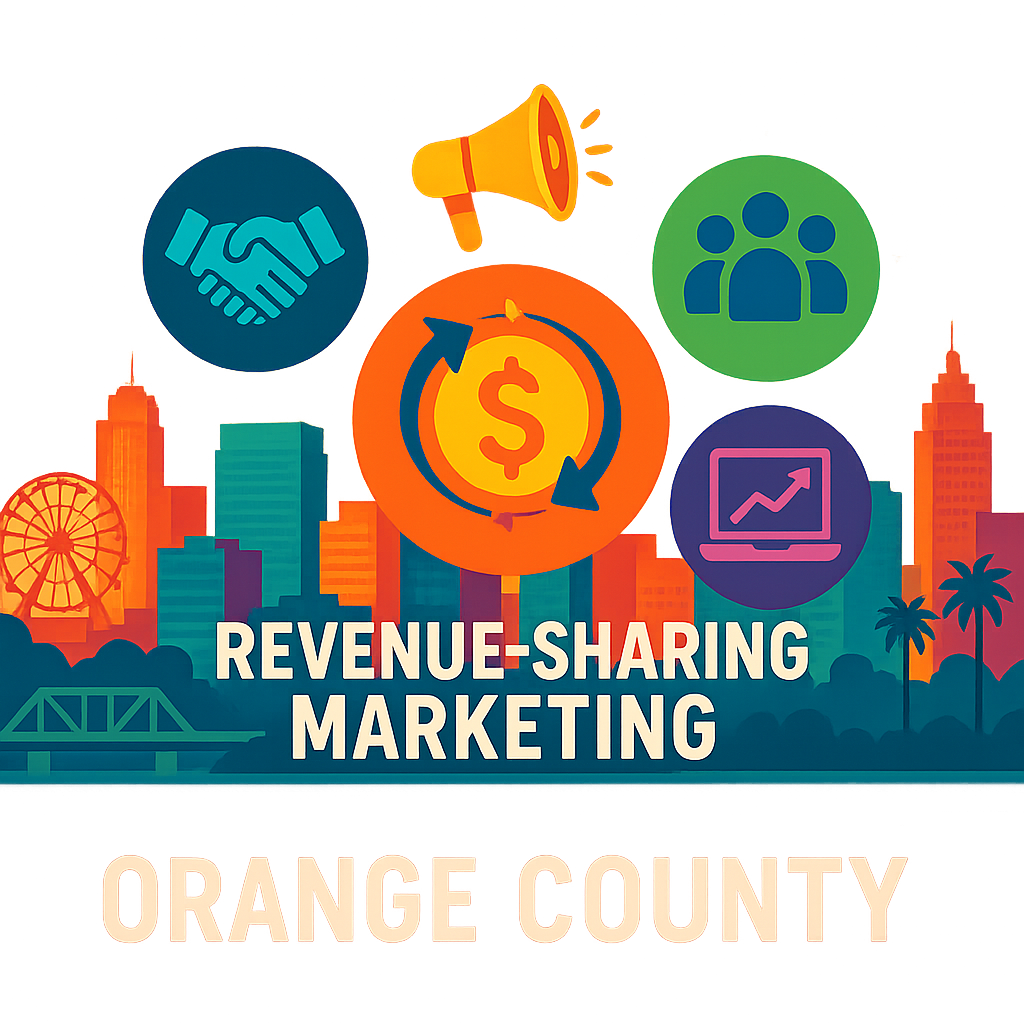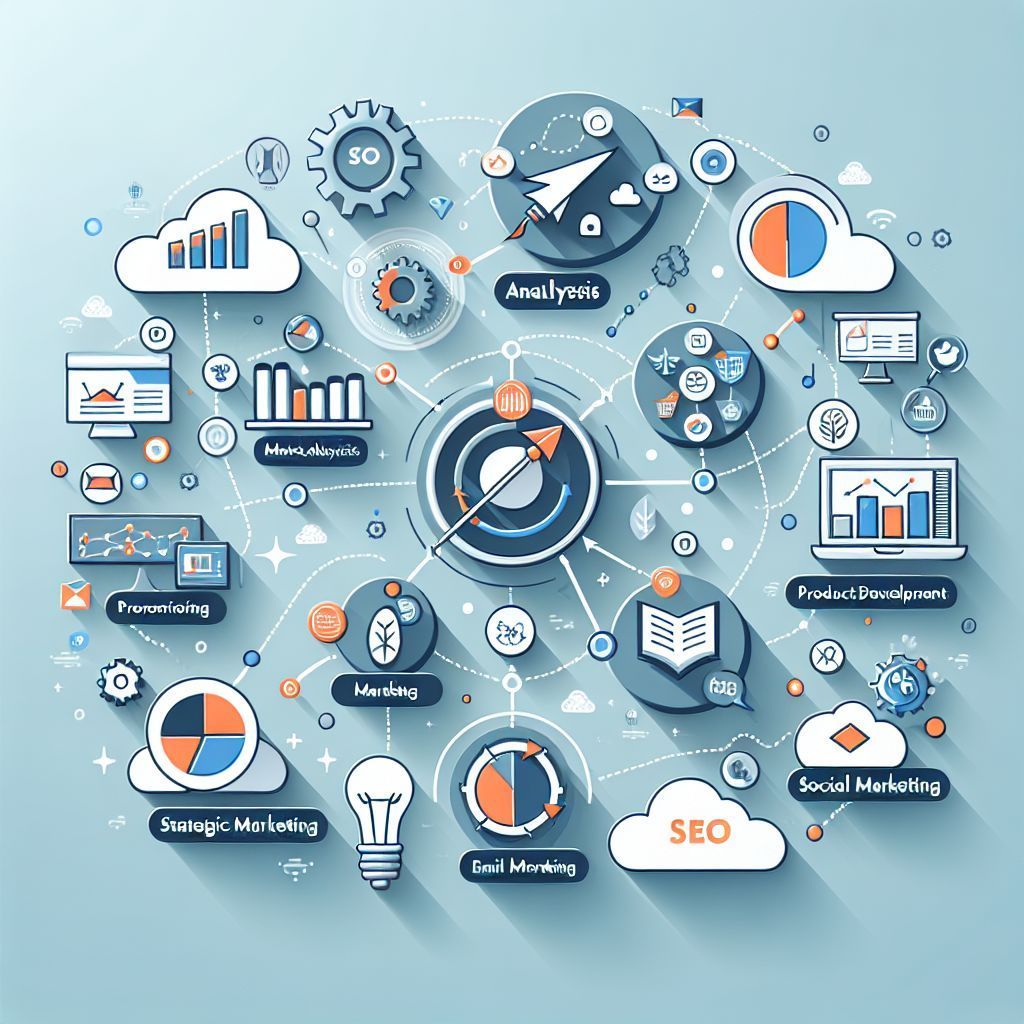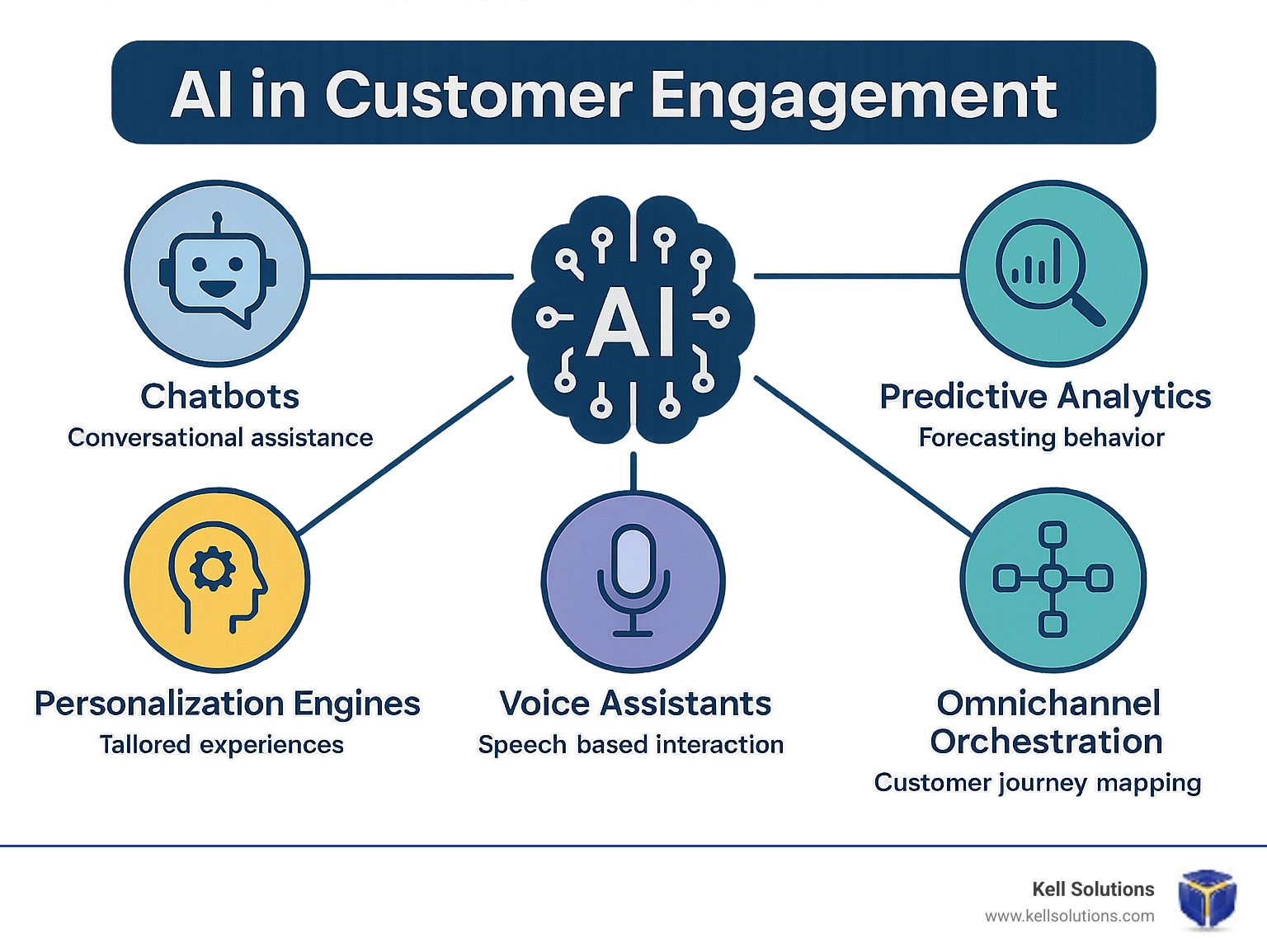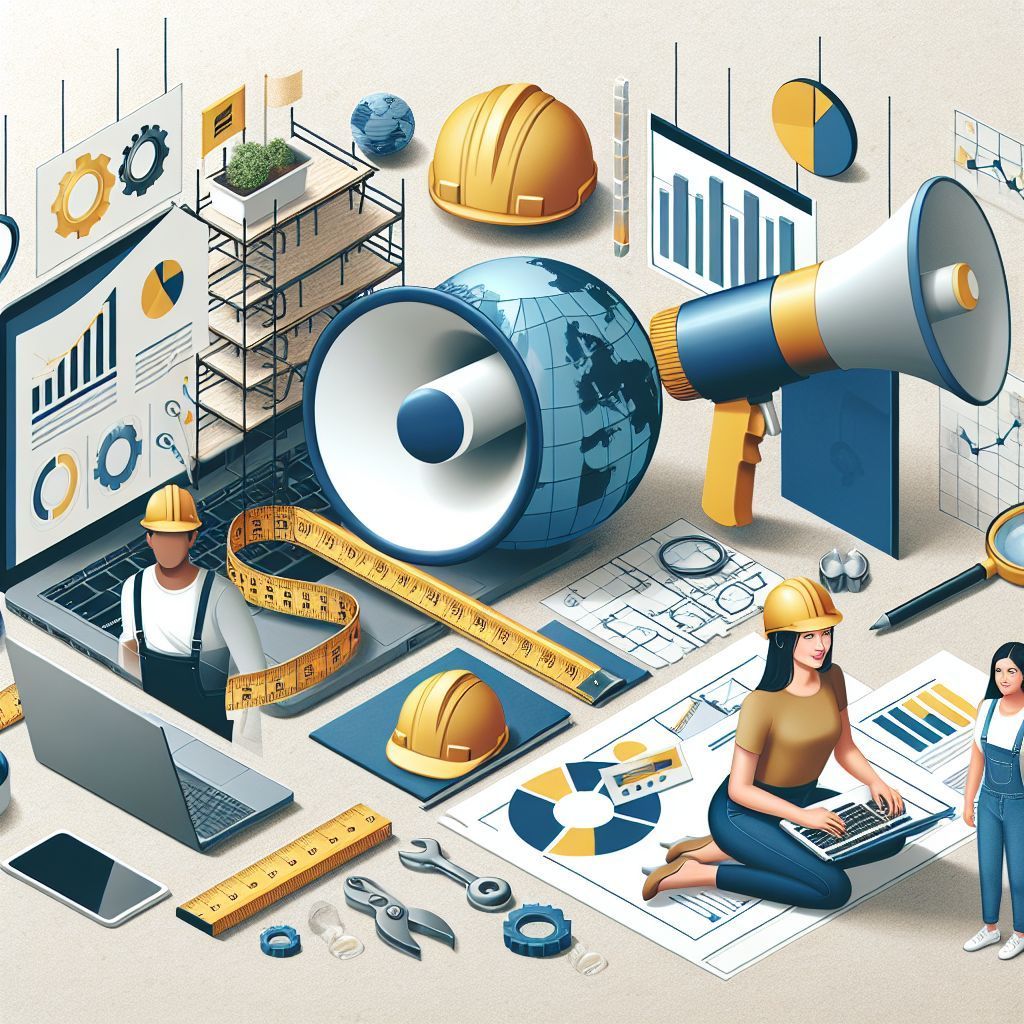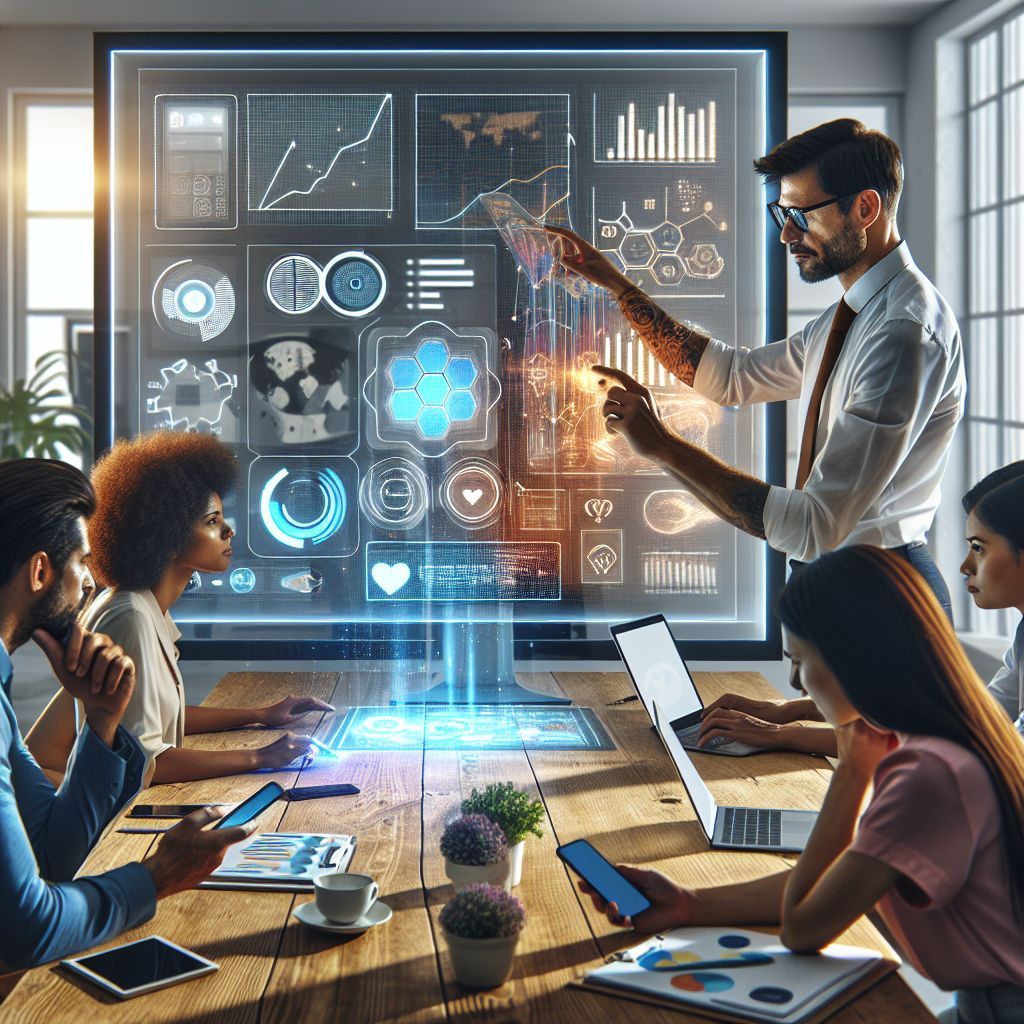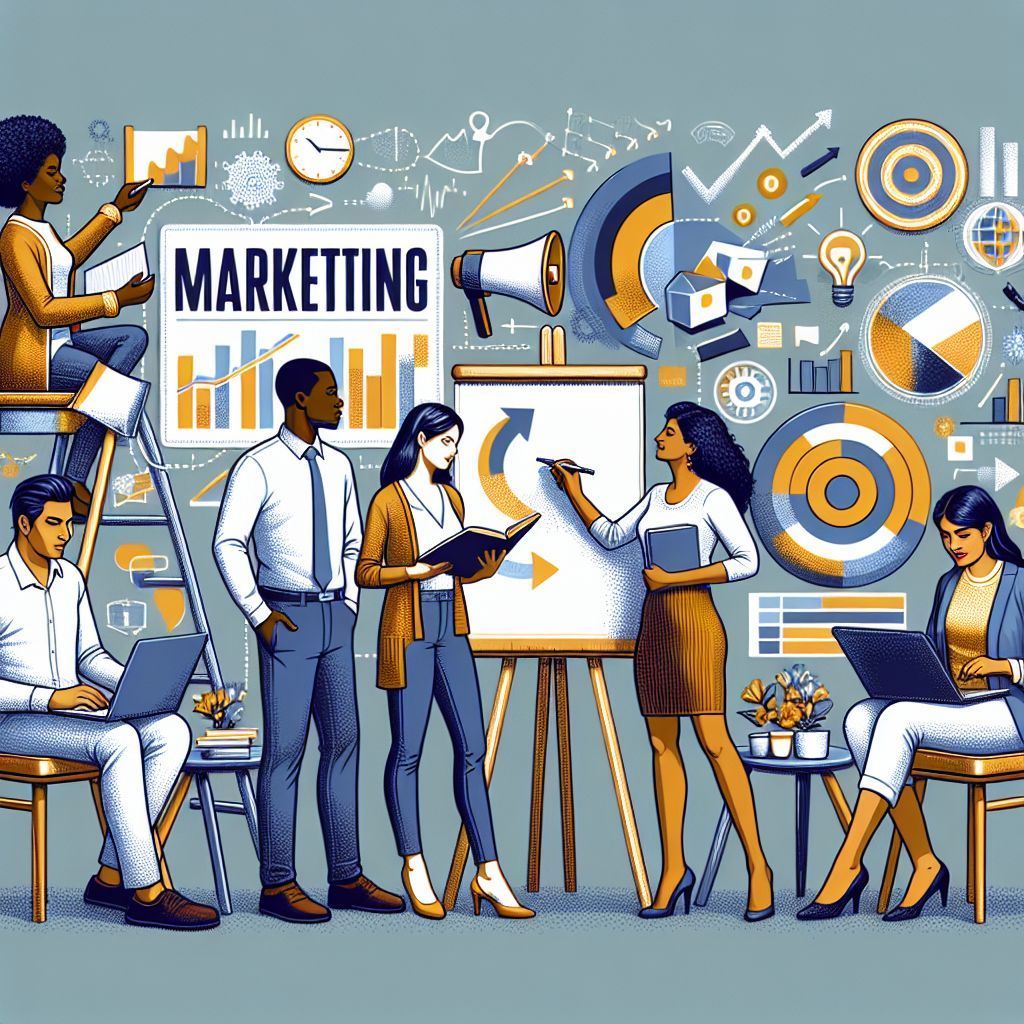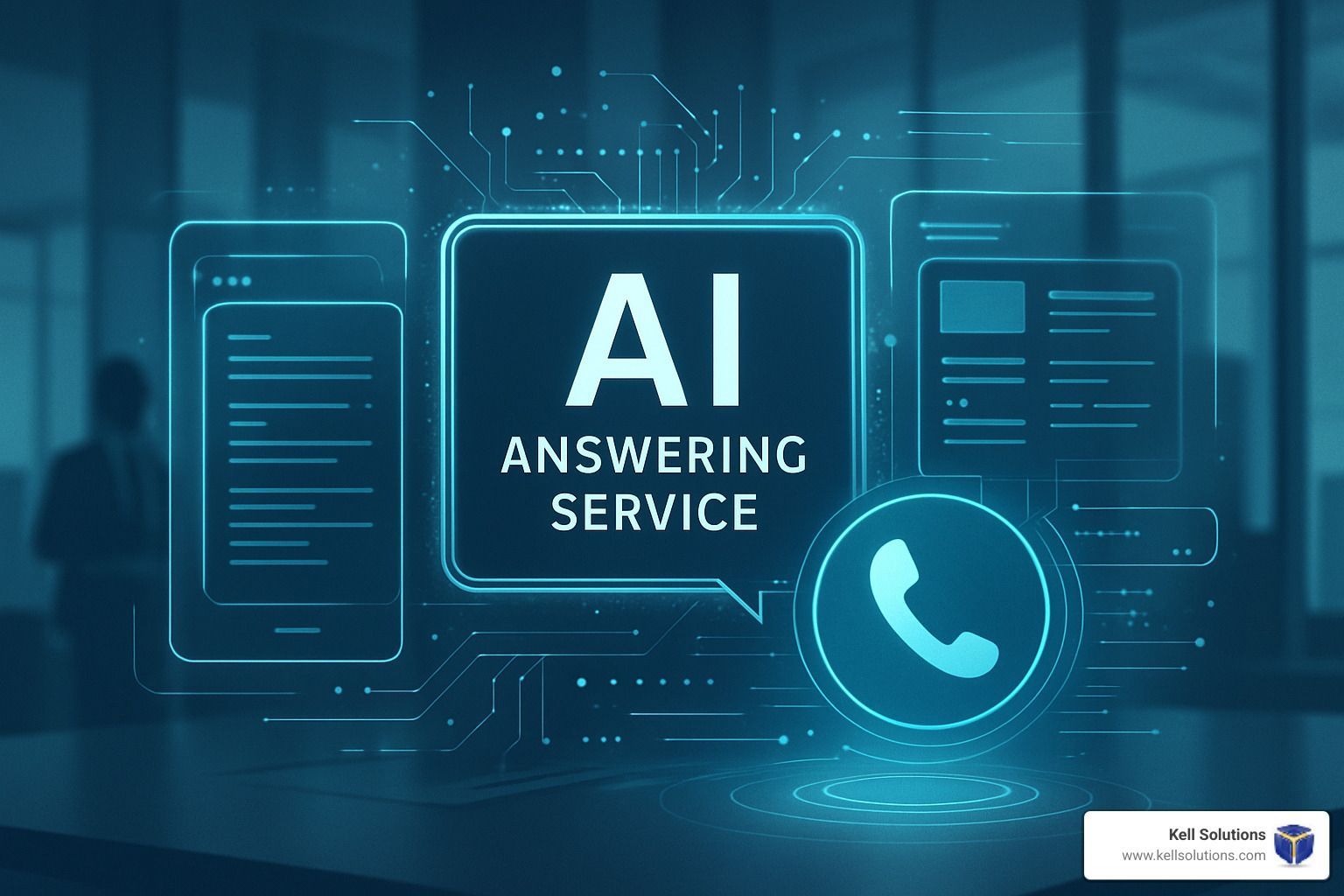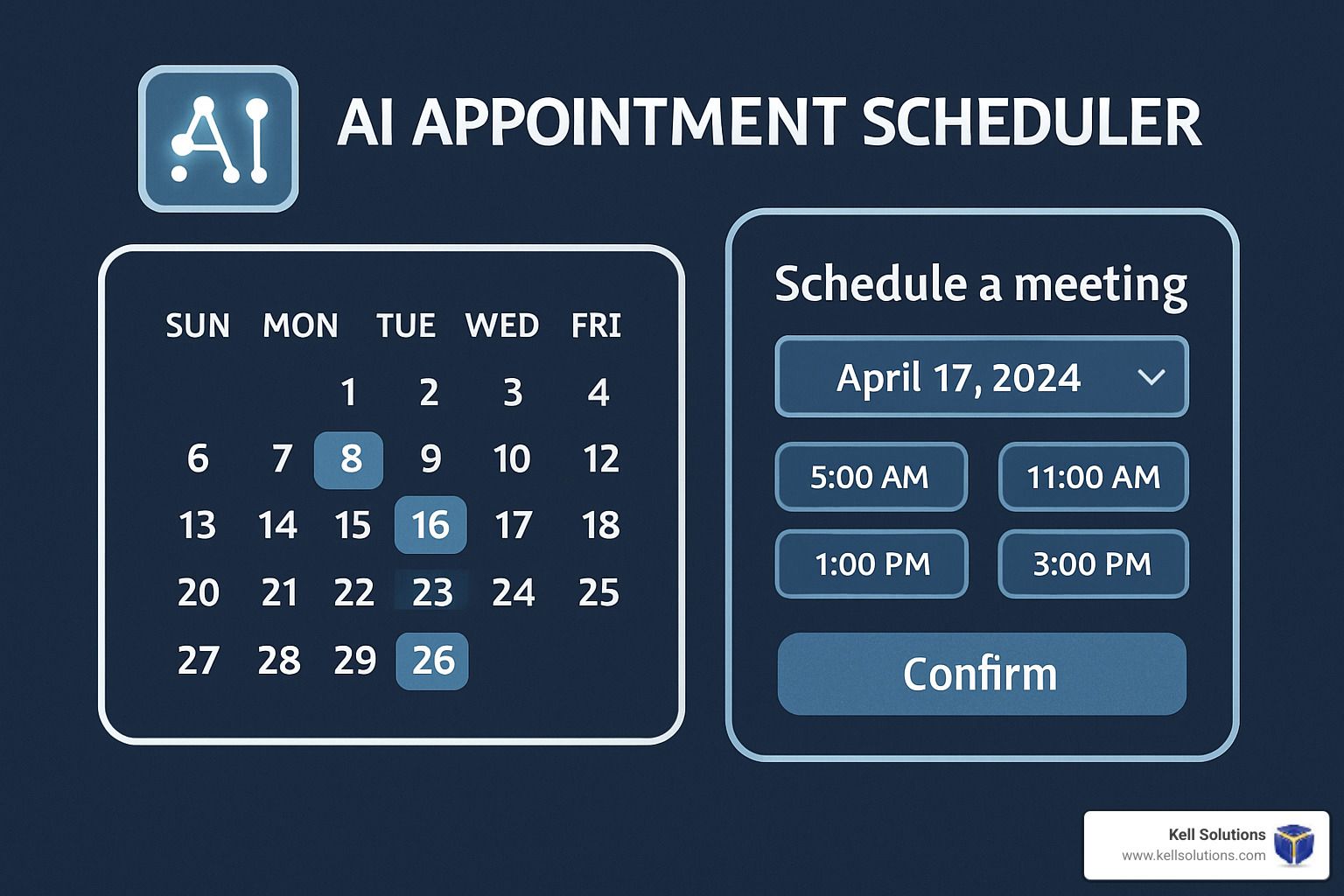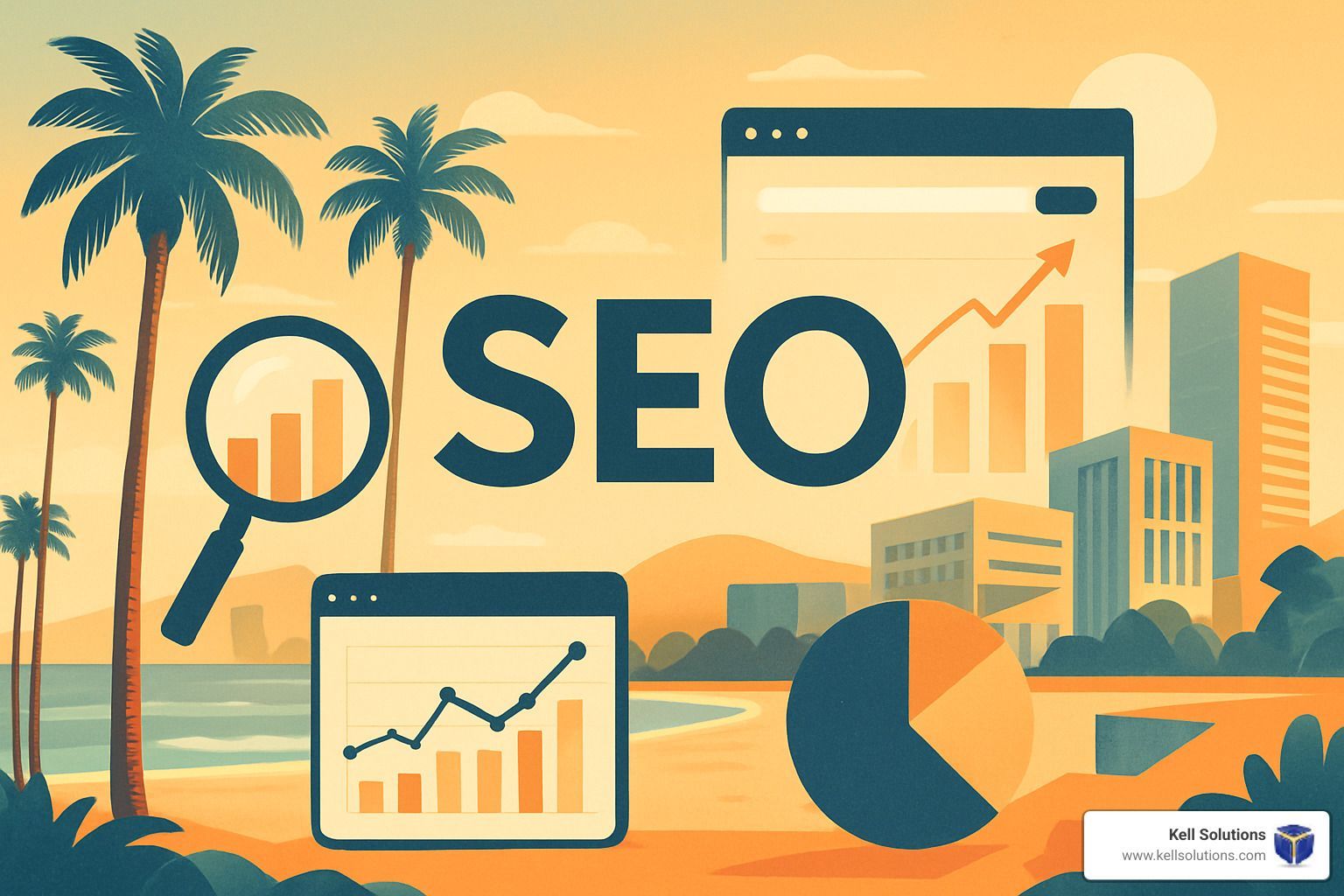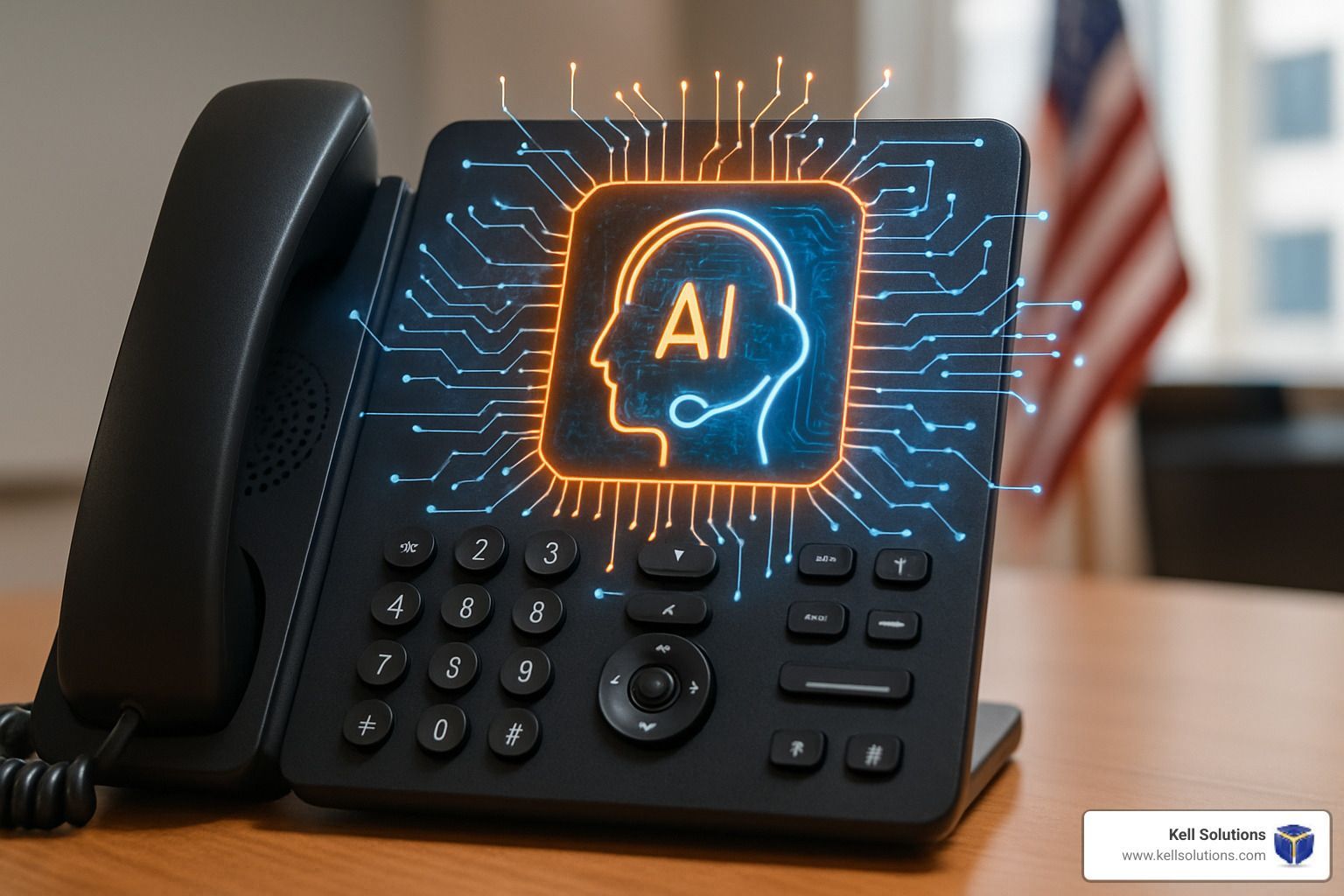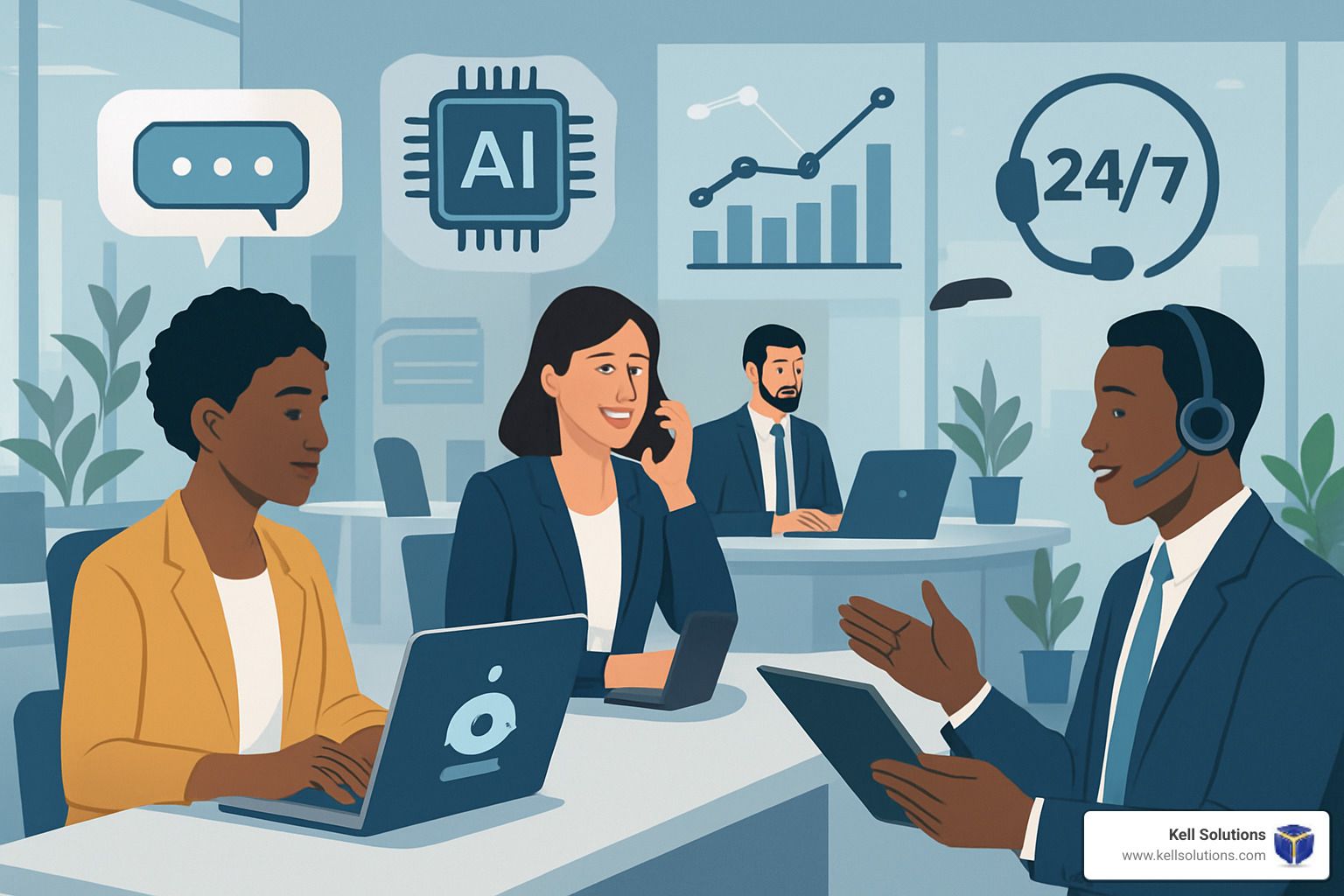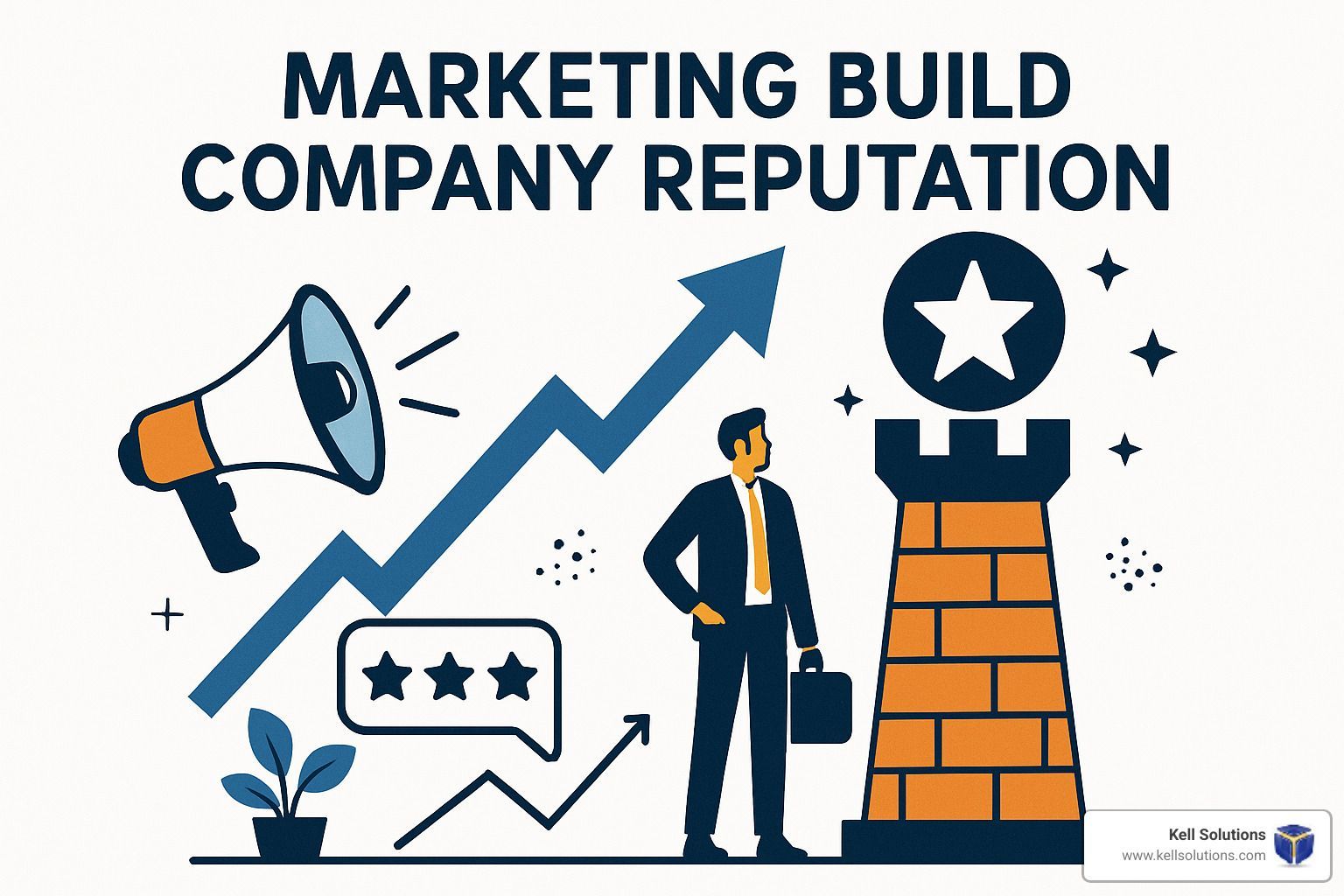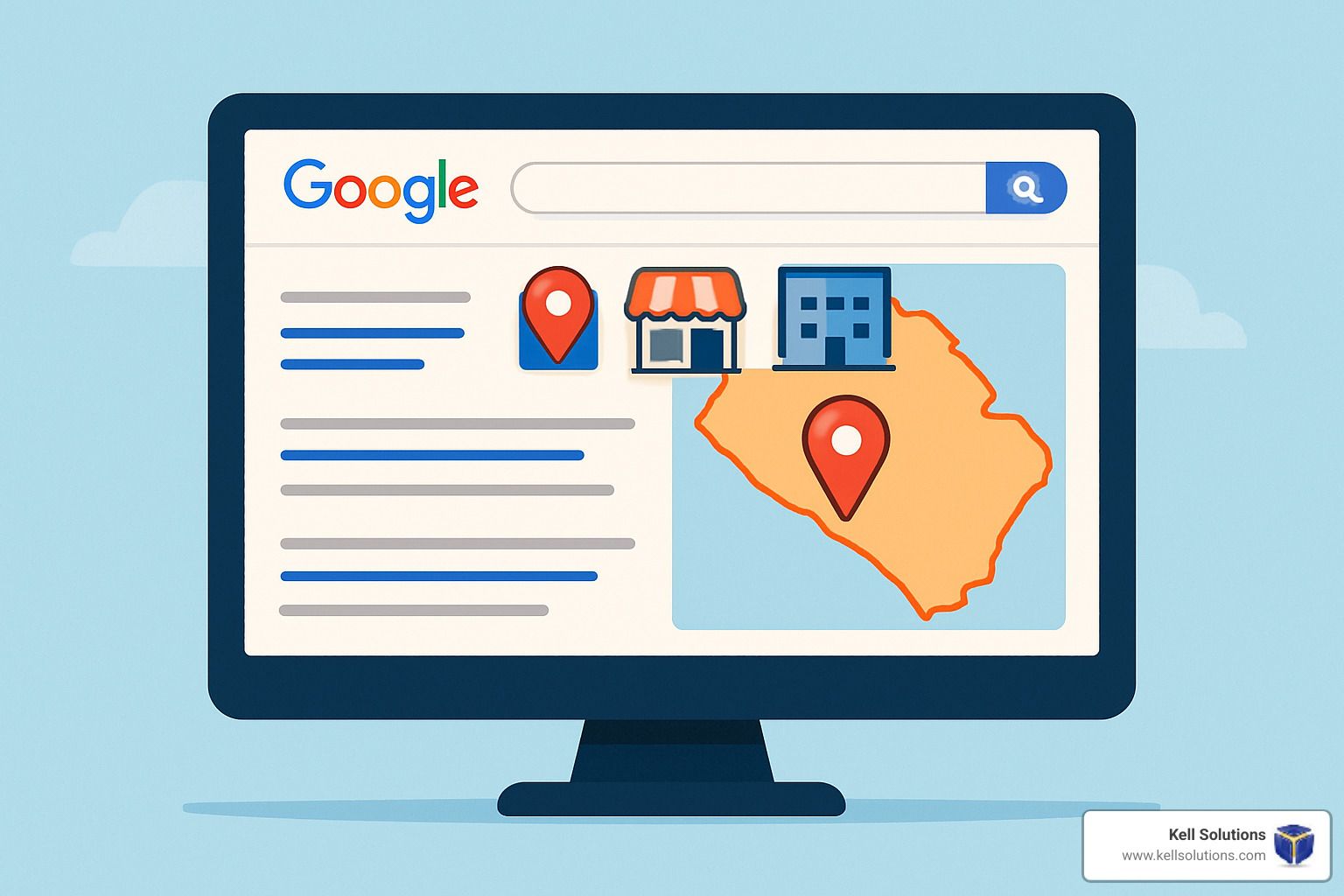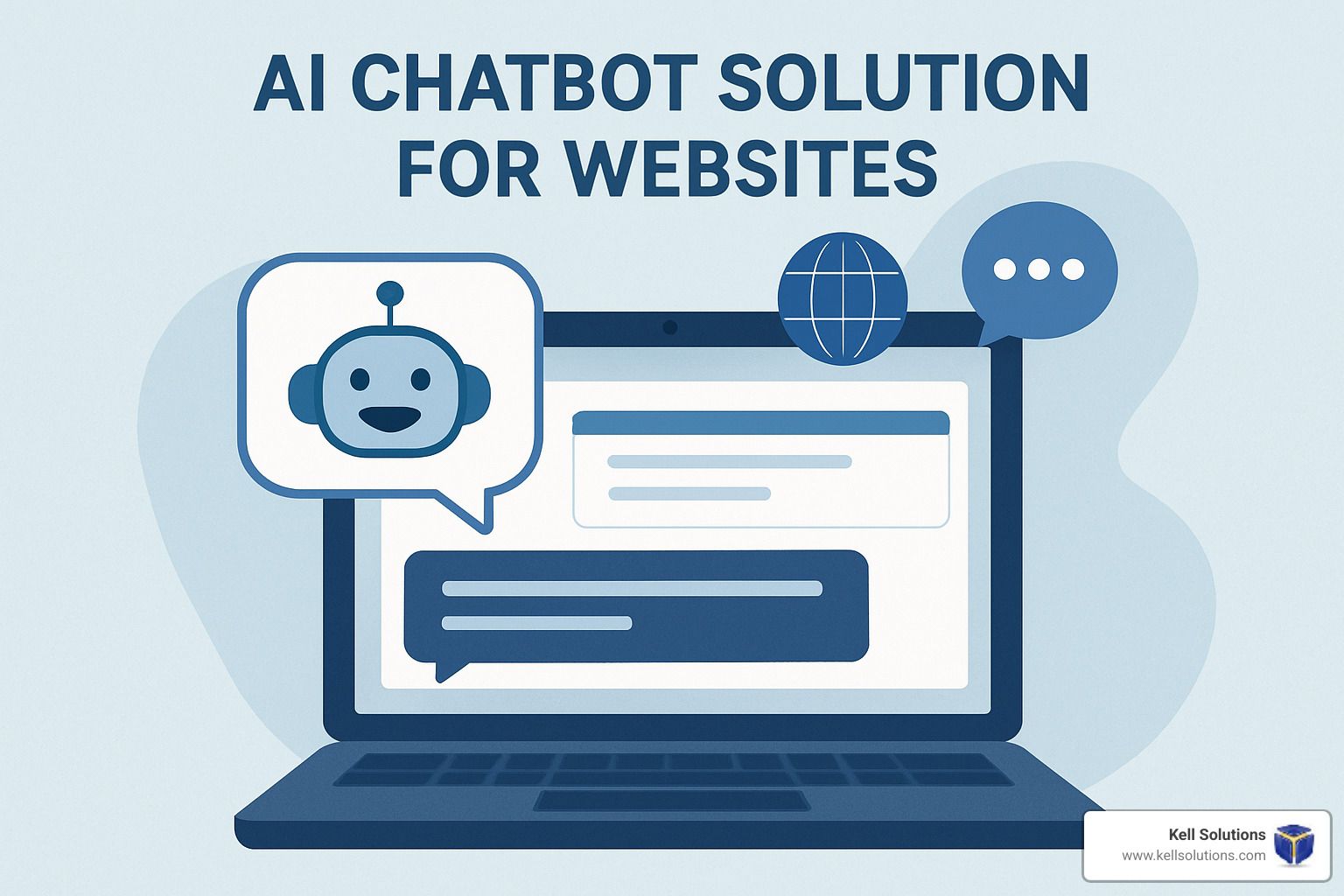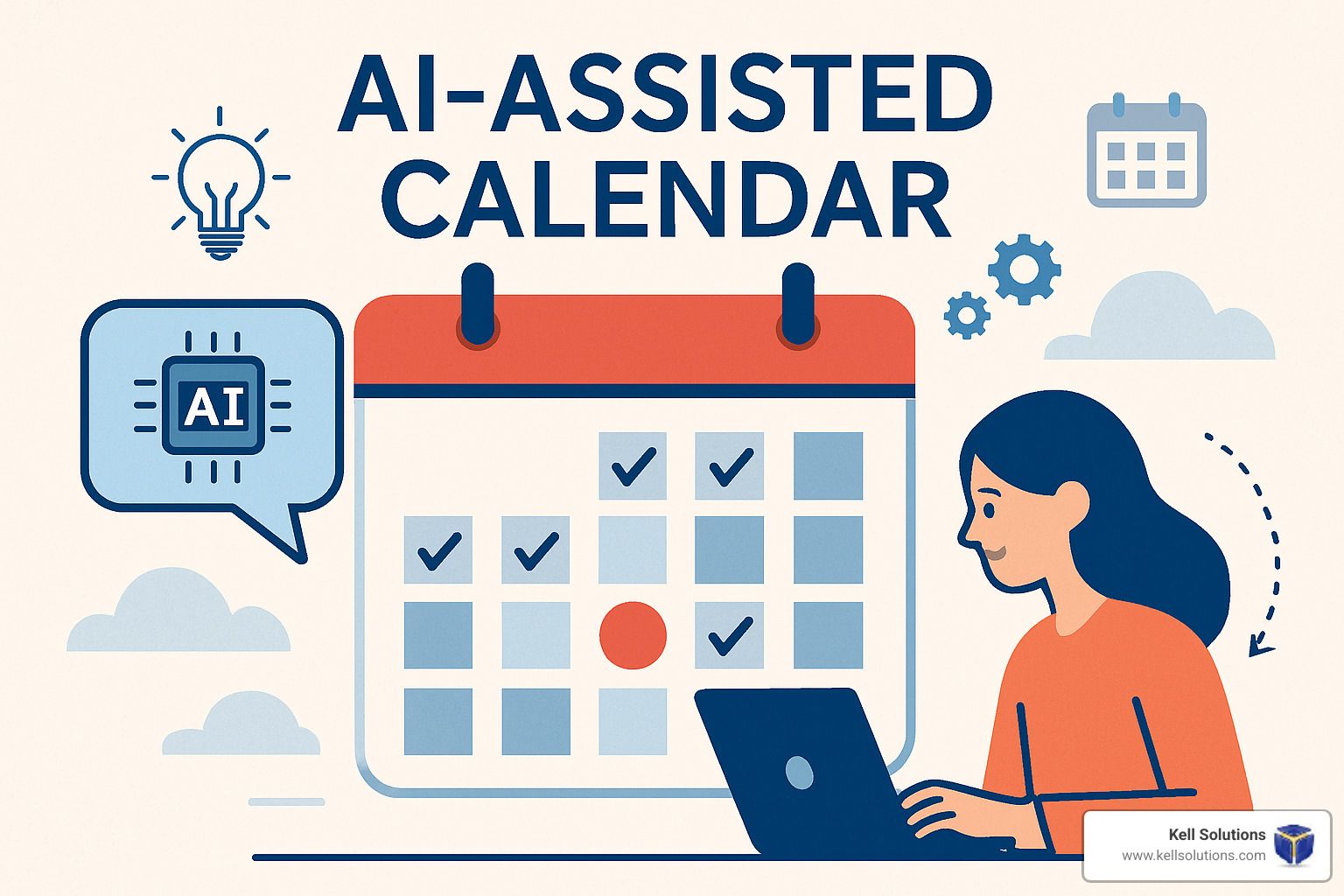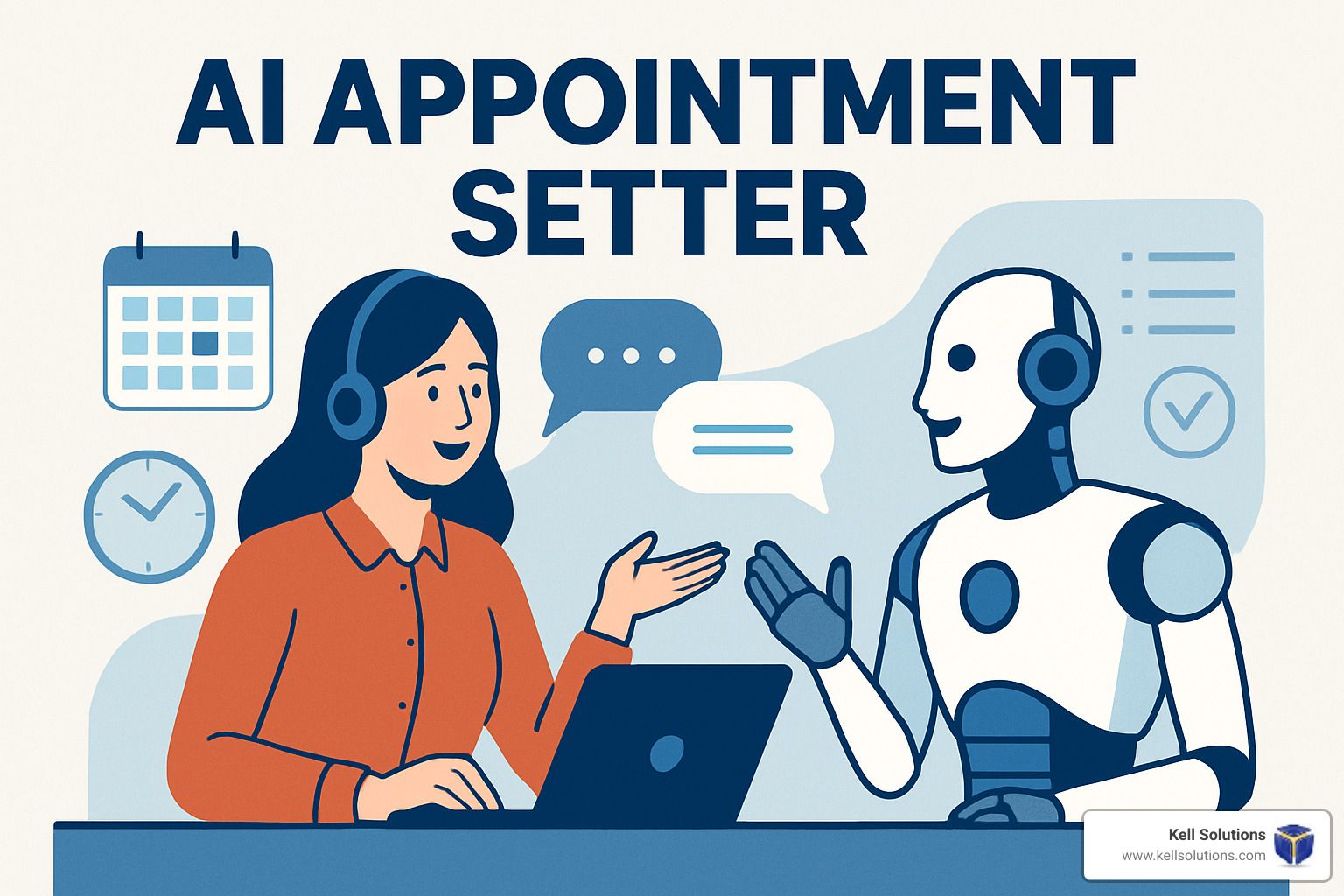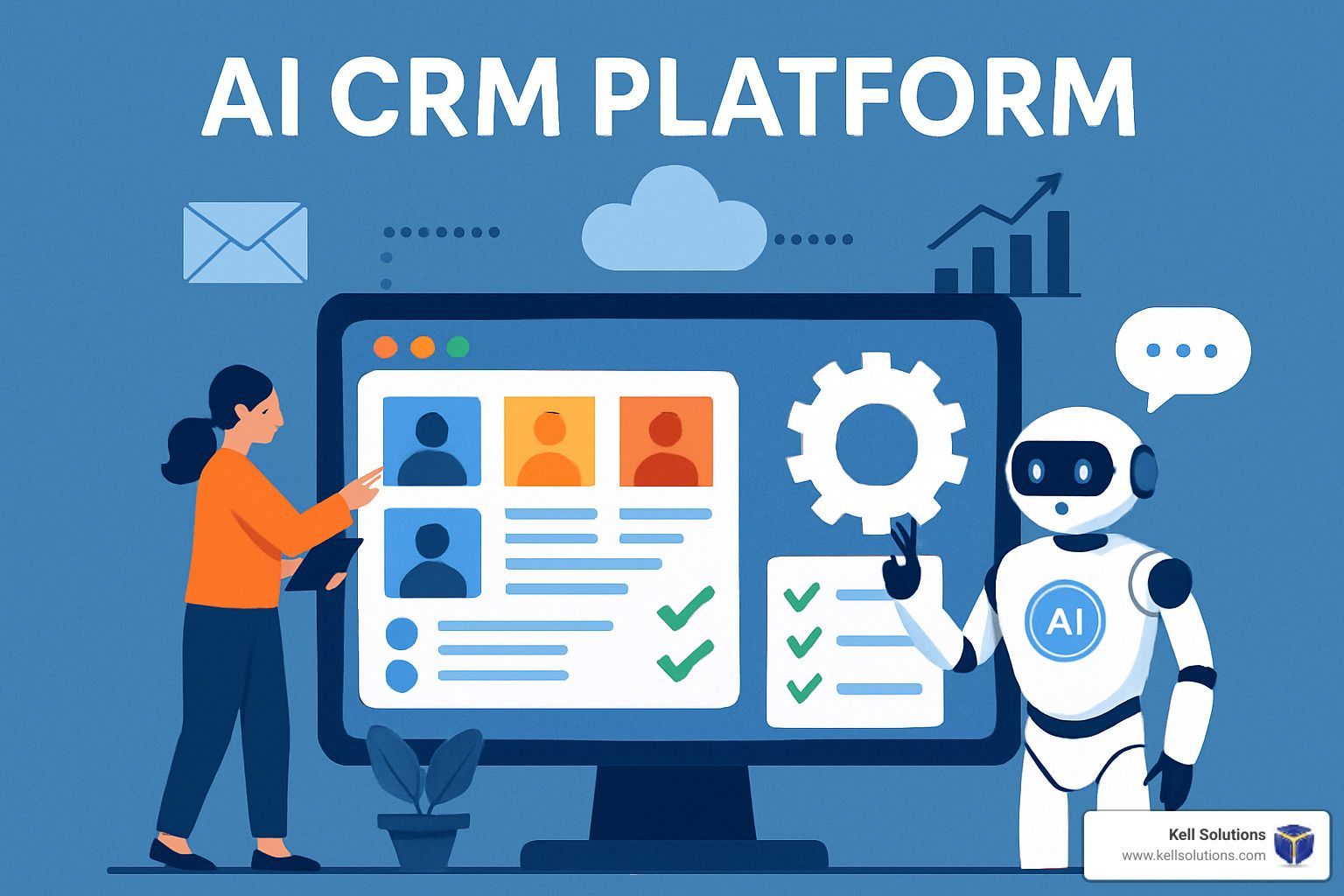The Evolution of Artificial Intelligence and Machine Learning
Artificial Intelligence (AI) and Machine Learning (ML) have come a long way from being concepts in sci-fi movies to becoming integral parts of our daily lives. Over the past few decades, these technologies have evolved from rule-based systems to advanced models capable of mimicking human-like decision-making and behavior. Their impact is profound, and we’re seeing an increasing number of industries adopting AI and ML to revolutionize their operations.
AI-Driven Innovation in 2025
As we move towards 2025, AI-driven innovation is set to reshape industries across the globe. Companies are leveraging AI to automate processes, gain deeper insights, and create more personalized user experiences. For instance, the healthcare sector is witnessing breakthroughs in diagnosing diseases early through AI-driven image recognition systems, while the financial sector is utilizing these technologies to detect fraud and enhance risk management strategies.
Moreover, AI’s potential is not limited to traditional business applications. It’s pushing the boundaries in areas like autonomous vehicles, smart cities, and even creative industries like art and music. With advancements in Natural Language Processing (NLP), AI systems are becoming more adept at understanding context and generating human-like responses, making interactions with machines more natural and efficient.
Predictive Analytics and Decision-Making
One of the most transformative applications of AI and ML is in predictive analytics. By analyzing large datasets, these technologies can identify patterns and trends that are not immediately apparent to human analysts. This capability is proving to be invaluable in sectors like retail, where businesses use predictive analytics to forecast customer demand, optimize inventory, and anticipate market shifts.
In manufacturing, predictive maintenance powered by AI can foresee equipment failures before they happen, reducing downtime and improving efficiency. In the financial world, predictive models are used for everything from stock market forecasting to credit scoring. As these technologies continue to evolve, their predictive capabilities are expected to become even more precise, enabling businesses to make better, data-driven decisions faster.
AI in Customer Service and Experience Management
The customer service landscape has been completely transformed by AI. Chatbots and virtual assistants powered by AI are now capable of handling a large volume of customer inquiries, providing instant responses, and resolving issues 24/7. This not only improves customer satisfaction but also reduces the burden on human support teams, allowing them to focus on more complex tasks.
AI is also being used to enhance experience management. By analyzing customer interactions across various channels—social media, emails, and voice calls—businesses can gain a holistic view of customer sentiment. This helps in tailoring services to meet individual customer needs, ultimately building stronger relationships and fostering loyalty.
The evolution of AI and ML is not just about creating smarter systems; it’s about making our world more interconnected and efficient. As these technologies continue to mature, we can expect to see even more groundbreaking applications that will redefine how we live and work. Whether it’s through innovation, predictive analytics, or customer service, AI and ML are at the forefront of a new era of technological advancement.
AI and machine learning have set the stage for an exciting future. From driving innovation in diverse industries to enhancing predictive analytics and transforming customer service, these technologies are paving the way for smarter, more data-driven approaches to solving complex challenges. As we look ahead, it’s clear that the potential for AI and ML is only just beginning to unfold.
FAQs
1. What are some real-world applications of AI and machine learning today?
AI and machine learning are used in various fields such as healthcare for disease diagnosis, finance for fraud detection, retail for customer recommendations, and customer service for automated support through chatbots.
2. How do AI and ML contribute to predictive analytics?
They help by analyzing large datasets to identify patterns and trends, which are then used to make predictions about future outcomes, such as customer behavior or equipment failures.
3. What is the role of AI in customer experience management?
AI is used to analyze customer interactions and sentiment, allowing businesses to tailor their services and offer personalized experiences, which enhances customer satisfaction and loyalty.
4. What industries are most affected by AI-driven innovation?
Industries like healthcare, finance, retail, manufacturing, and transportation are at the forefront of adopting AI-driven innovations to optimize their operations and services.
5. What can we expect from AI and machine learning in the future?
In the coming years, AI and ML will continue to evolve, leading to more advanced applications in areas such as autonomous vehicles, robotics, and smart city solutions, further integrating technology into our everyday lives.
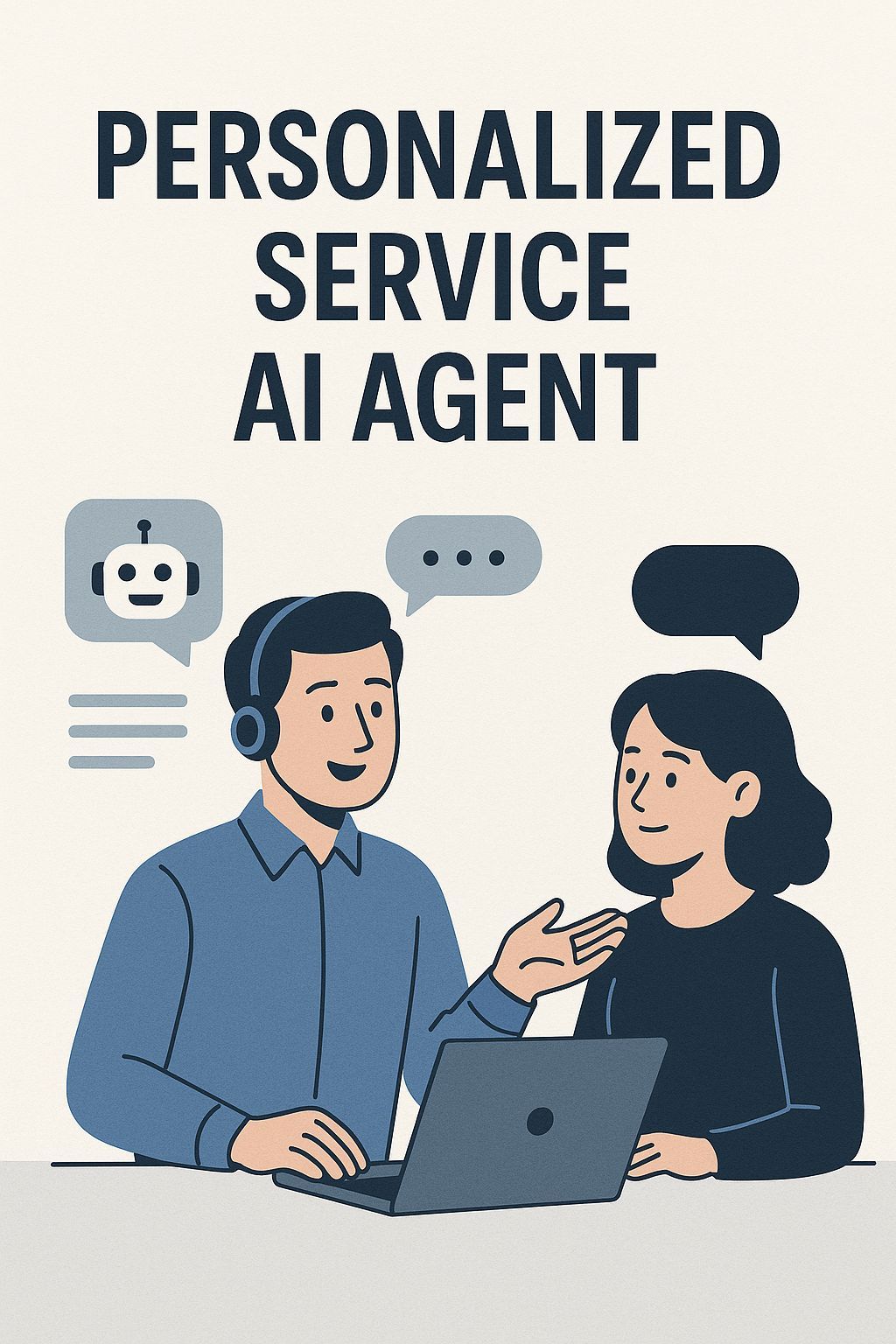

Orange County HVAC Google AI Overview Domination: 7 Proven Strategies to Capture Featured AI Results




